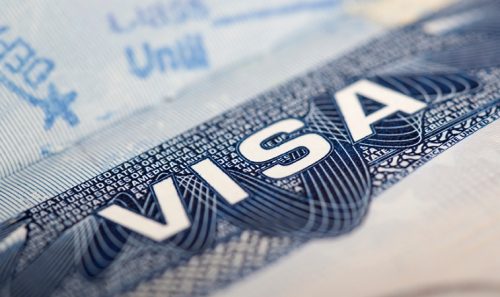
New DHS rule-change redefines H-1B employer definition.
The department redefines “employee-employer” relationship and makes end-clients file for Labor Condition Application.
With just a few days remaining in its term, the Trump administration has passed another rule that will make it more difficult for many U.S. companies to hire H-1B employees.
A new rule change announced by the Department of Homeland Security on January 14 redefined the definition of “employer” in for the purpose of H-1B visa program. The companies that will be affected by the change are consulting firms.
According to the new rule, “the ultimate end-client company or companies where the beneficiary actually will work” would be required to submit petitions.
The will be go into effect on July 14, 2021.
The change will not affect the employers who have already filed petitions with DHS. It will apply to petitions filed on or after July 14. It will also affect amended petitions or petition extensions. “DHS will not apply the new regulation to any pending petitions nor to previously approved petitions, either through reopening or through a notice of intent to revoke,” the department said.
Concurrently, the U.S. Department of Labor has clarified the new rule. The department’s Office of Foreign Labor Certification said in a bulletin issued on Thursday that the revised interpretation now requires “secondary common-law employers — meaning the end-clients — of H-1B workers to file a Labor Condition Application (LCA).
The Department of Labor said its new “interpretive change” is in line “with the goals of the H-1B program and Executive Branch policy”, and it enables the department “to hold all qualifying employers accountable for compliance with H-1B program requirements — thereby preventing potential abuse and achieving better protection for U.S. workers.”
The Department of Homeland Security, releasing the text of the rule, the new rule applies only to the regulatory definition of “employer-employee relationship” and it will not finalize the “changes to any other provisions implemented by the interim final rule (IFR),” which was struck down by the U.S. District Court for the Northern District of California in early December.



